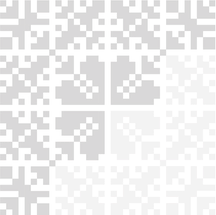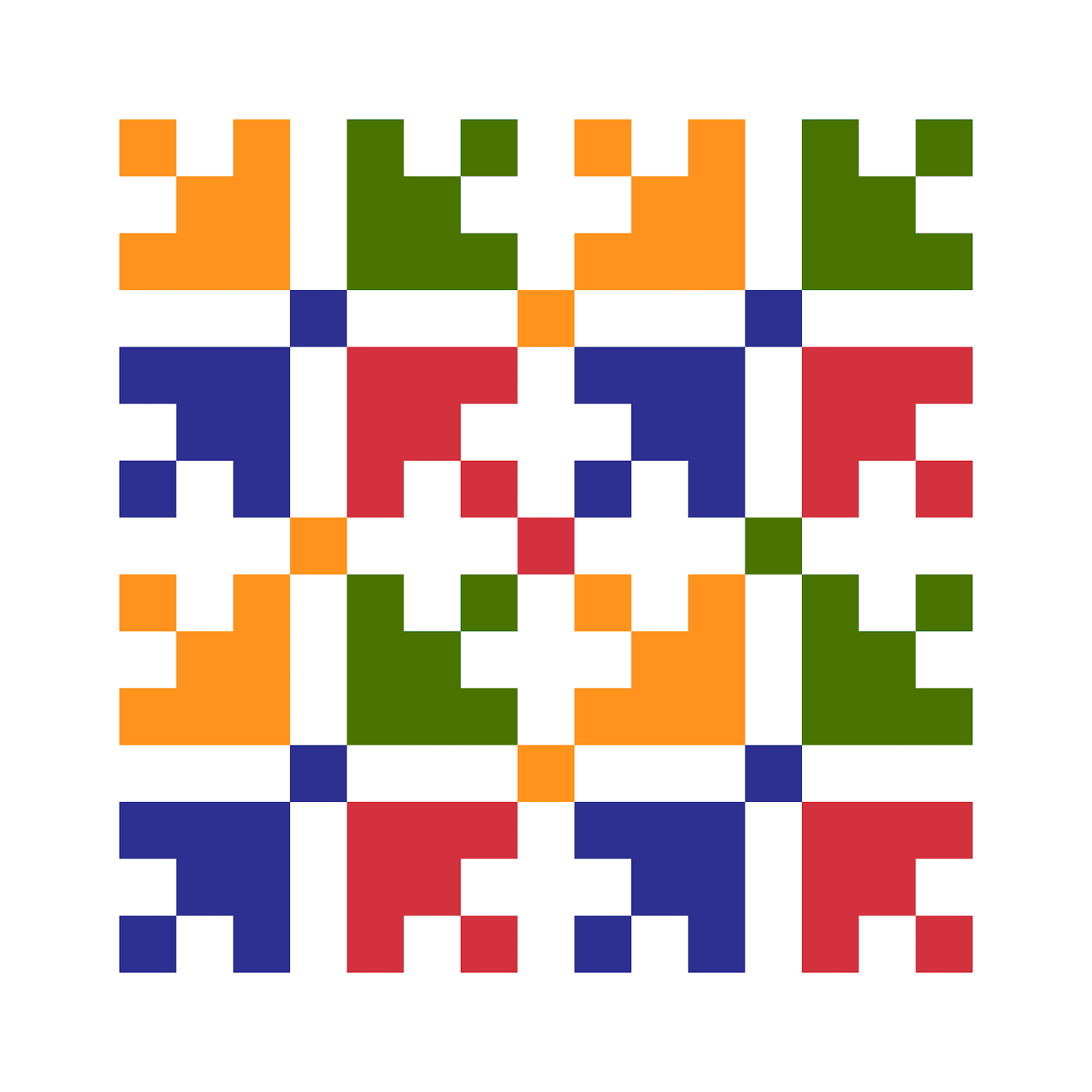C5 M2 L5 Grammar
5 | Modul 2: Gramatika
Novogodišnji praznici
5 | 2 | Lekcija 5: Sretna Nova godina!
| The verb POZDRAVLJATI (SE)
The verb pozdravljati (to greet someone) is a regular -ati verb. When you want to greet someone, you will need to use the following structure:
They greet me. | Pozdravljaju me. |
I greet you. | Pozdravljam te. |
I greet him. | Pozdravljam ga. |
I greet her. | Pozdravljam je. |
They greet us. | Pozdravljaju nas. |
I greet you all. | Pozdravljam vas. |
I greet them. | Pozdravljam ih. |
This verb will require the Accusative case for personal pronouns that you already learned in previous modules. The verb, however, can have a possessive-reflexive pronoun next to it. In this case, the verb will become a reflexive verb with the meaning of to greet each other: pozdravljati se.
| For example
James i Luka se pozdravljaju. |
James and Luka are greeting each other |
5.2 Zadatak 9. Pozdravljati (se)
Finish the following sentences by using the appropriate verb form of pozdravljati or pozdravljati se.
| The Verbs NOSITI, ČESTITATI, ŽELJETI
The verb nositi can have two different meanings:
to carry things (in your hands, in a bag, etc.) | |
to bring (something) |
When we want to express that we are bringing a certain gift we should form the sentence as: Kad idem u goste ja nosim čokoladu. After the verb nositi we need to use a noun in the Accusative case. The verb čestitati (to congratulate) will follow the same grammatical structure as the verb nositi. What follows after the verb will be a noun in the Accusative case. For example:
Čestitam rođendan. | I wish [someone] a happy birthday. |
Čestitam Novu godinu. | I wish [someone] a happy New Year. |
Čestitam Božić. | I wish [someone] a merry Christmas. |
The verb željeti (to wish), even though technically can take the Accusative case, will usually take the Genitive case for any noun that follows it. You will learn more about the Genitive case in the future. At this point we will look only at nouns that you will most often use when expressing a wish to someone:
| Željeti genitive:
masculine | neuter | Feminine | |||
Nominative | Genitive | Nominative | Genitive | Nominative | Genitive |
uspjeh | uspjeh-a | prijateljstvo | prijateljstv-a | sreća | sreć-e |
|
| zdravlje | zdravlj-a | ljubav | ljubav-i |
| Why the Genitive case and not the Accusative?
The answer is in the message that you are trying to convey when using each of the two cases:
Using the Accusative in a sentence: Želim ti uspjeh. – You are saying: I wish you success. | |
Using the Genitive in a sentence: Želim ti uspjeha. – You are saying: I wish you [a lot of] success. |
5.2 Zadatak 10. Glagoli
Read the following statements and chose the correct one:
5.2 Zadatak 11. Želje i čestitke
Finish the sentences by using the correct verb in its correct form.
čestitati | nositi | željeti | pozdravljati |
| Dative case - personal pronouns
In sentences with the verbs željeti, čestitati, and nositi you also encountered the usage of a personal pronoun, because these verbs usually indicate to whom you are sending your wishes, your greetings, or bringing your gifts. In the given examples below, the personal pronoun is in the Dative case.
Želim ti uspjeha. | I wish you success. |
Čestitam ti Božić. | I wish you a merry Christmas. |
Nosim ti poklon. | I bring you a gift. |
The Dative case is used to indicate the meaning of the direct object - “to someone.” For a better understanding, consider the sentence -- Želim ti uspjeha -- which could be translated as: To you I wish a lot of success. However, In English it is more common to say: I wish you a lot of success, in which the “to” is omitted.
Just like with other cases that you have learned so far, personal pronouns in the Dative case also have stressed and unstressed forms. Below you will find the Dative forms for all personal pronouns. However, for now we are only focusing on the unstressed form želim ti (“I wish you”). More about the Dative case in the next unit.
ja | meni | mi | Želiš mi sve najbolje. | You wish me all the best. |
ti | tebi | ti | Želim ti sve najbolje. | I wish you all the best. |
on/-o | njemu | mu | Želim mu sve najbolje. | I wish him all the best. |
ona | njoj | joj | Želim joj sve najbolje. | I wish her all the best. |
mi | nam | / | Želi nam sve najbolje. | They wish us all the best. |
vi | vam | / | Želim vam sve najbolje. | I wish you all the best. |
oni/-e/-a | njima | im | Želim im sve najbolje. | I wish them all the best. |
5.2 Zadatak 12. Kako se kaže?
Images used in this document are from these sources.








